Zoroastrianism
Zoroastrianism, one of the world’s oldest religions, has deeply influenced the cultural and spiritual landscape of Iran and beyond. Originating in ancient Persia over three millennia ago, Zoroastrianism was founded by the prophet Zoroaster (or Zarathustra) and became the dominant religion of the Persian Empire for centuries. Central to Zoroastrian belief is the concept of dualism, the eternal struggle between the forces of good (represented by Ahura Mazda, the Wise Lord) and evil (personified by Angra Mainyu or Ahriman). Followers of Zoroastrianism adhere to ethical principles outlined in the sacred text known as the Avesta, which emphasizes the importance of truth, righteousness, and the pursuit of a virtuous life.
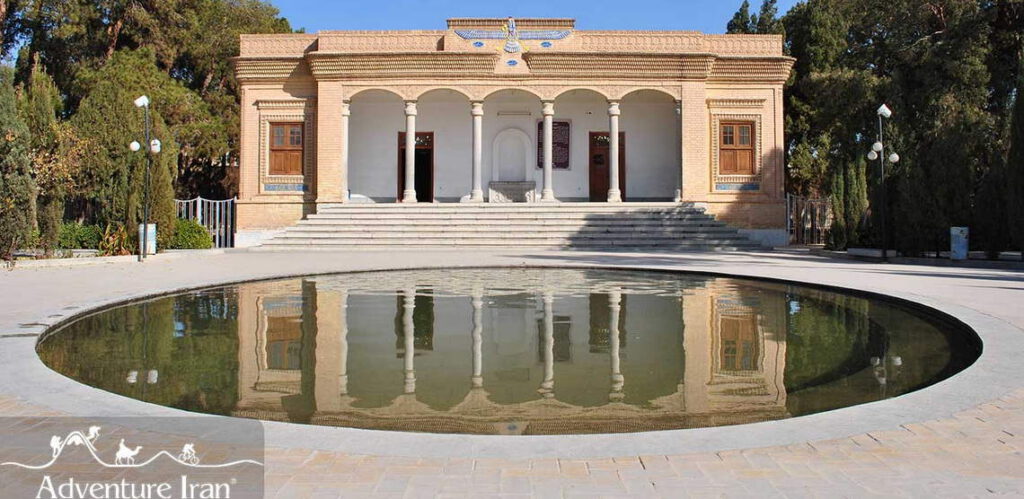
Zoroastrianism’s influence extends beyond its theological tenets to encompass various cultural, social, and architectural aspects of Iranian society. From the fire temples that serve as places of worship to the iconic Faravahar symbol, which represents the eternal journey of the soul, Zoroastrian motifs and practices are woven into the fabric of Iranian identity. The tradition of celebrating Nowruz, the Persian New Year, originates from Zoroastrianism and continues to be observed by millions of people across Iran and neighboring countries.
Despite its ancient roots, Zoroastrianism has faced challenges over the centuries, including the Arab conquest of Persia and subsequent conversions to Islam. However, Zoroastrian communities have persevered, maintaining their faith and cultural heritage through generations of adversity. Today, while Zoroastrianism is no longer the dominant religion in Iran, it continues to be practiced by a dedicated community of believers, particularly in the cities of Yazd and Kerman, where Zoroastrian temples and traditions are preserved.
Beyond Iran, Zoroastrianism has left its mark on the wider world, influencing the development of other religions and philosophies, including Judaism, Christianity, and Islam. The ethical principles and spiritual teachings of Zoroastrianism continue to resonate with people seeking guidance and enlightenment, making it a timeless and enduring tradition that remains relevant in the modern era. As Iran opens its doors to the world, the legacy of Zoroastrianism serves as a reminder of the country’s rich cultural heritage and the enduring power of faith and spirituality.
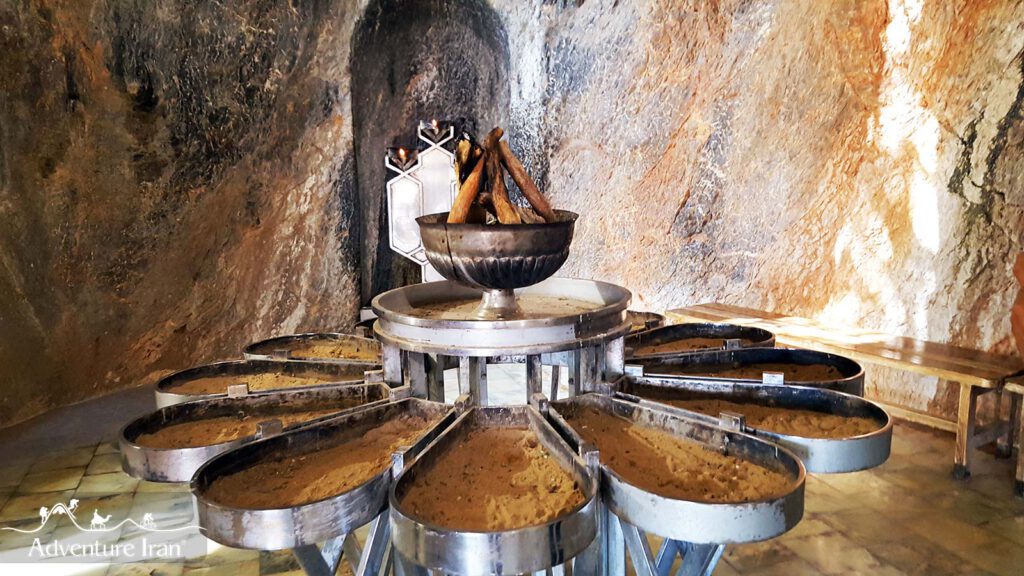

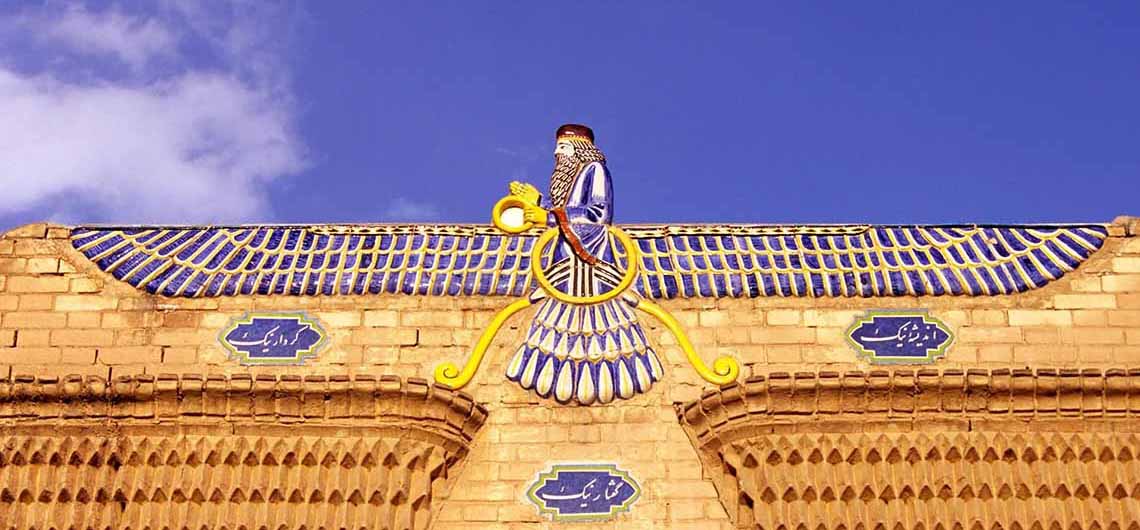
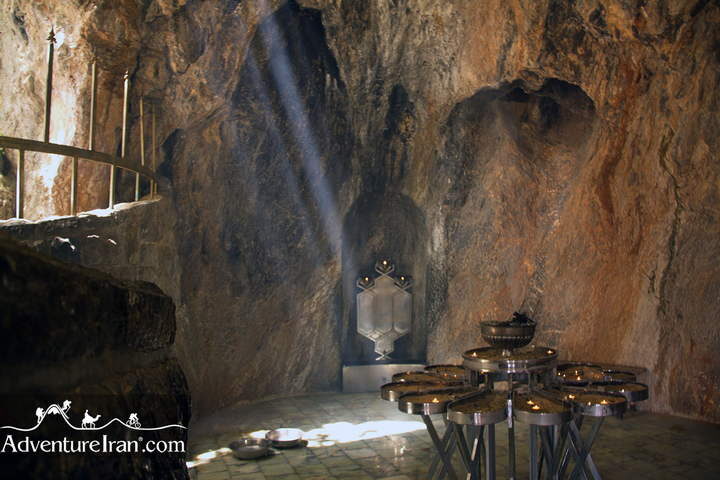
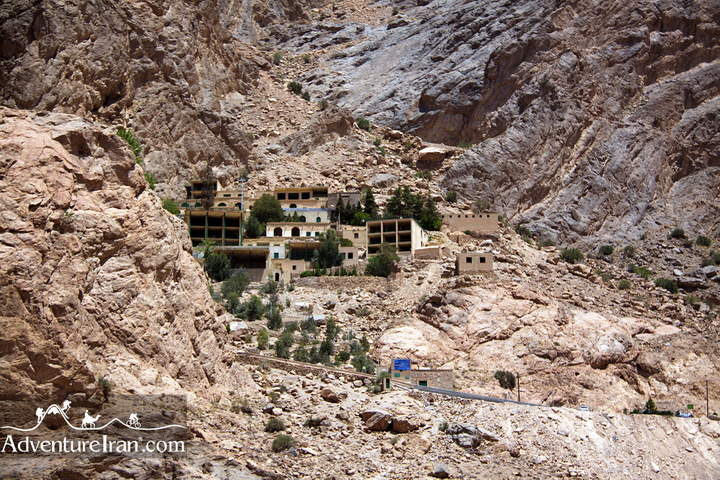
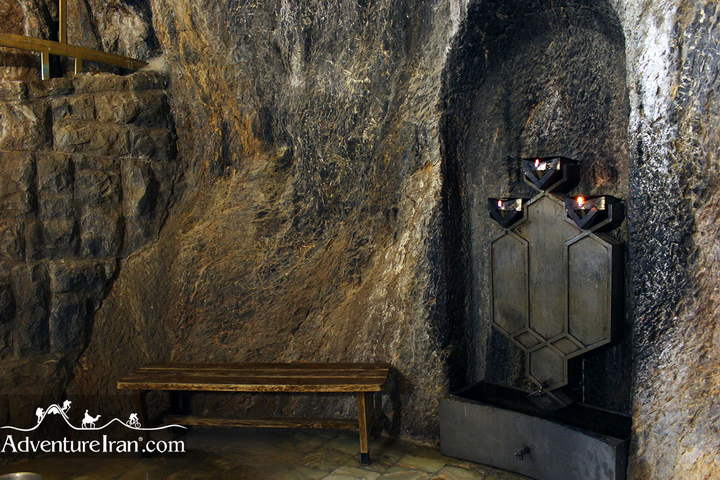
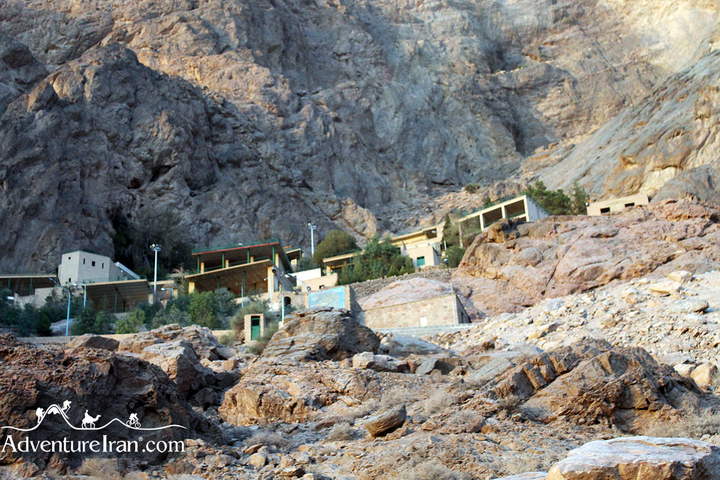
Comments